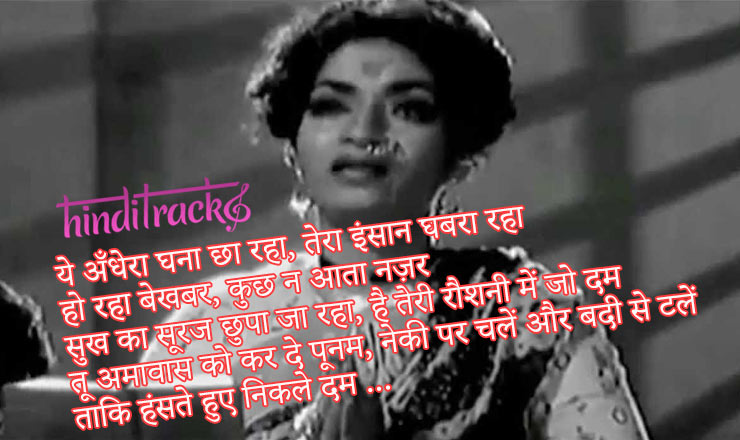

We sense that she’s a little unhinged too.Īs for the husband (played by Jimmy Shergill, who leaps at the part like a starving lion it’s his most involved performance in a while), he seeks from his mistress not just her bed but her heart – unlike Rahman’s, this is an emotionally resonant relationship.

In her superb introduction scene, she makes casual conversation with someone who in the older film would have been labelled a paraya mard.

Chhoti Rani here, played by Mahie Gill, likes to swirl her drink in a glass, and we feel it’s because she likes to and not because of any lofty reason – she is not especially faithful to her husband (you get the feeling she prefers being with him simply because she has nowhere else to go, no richer man to ensnare) and neither is she confined to the haveli. She was, otherwise, the kind of housewife who, on Ashtami, broke her fast with water that had touched her husband’s feet – and by habituating herself to drink, she was immolating herself at the altar of her worthless husband. Chhoti Bahu, in the older film, fell into inebriation because she believed that her husband would stay with her if she debauched herself, like his mistress. The death of Waheeda Rehman’s father, the hint of her marriage with the knave (who, as portrayed by Randeep Hooda here, is literally a knave, not just servant but scoundrel), the paralysis of a major character, a snatch of conversation on either side of a clothesline, an attack at the home of a mistress, the wife’s hysterics when first touched by the servant – they all flash by like photographs in a dusted-off album.īut consider the differences. A rooftop sport with pigeons in the older film is transformed into a contest with kites.

Here too, there is the titular trio, shuffled around like king, queen and knave in a pack of playing cards, along with the outsider embodied in the older film by Waheeda Rehman (and here by Deepal Shaw). It’s not just the title he references from Abrar Alvi’s Sahib Bibi Aur Ghulam, but also specific scenes and characters and contrivances, leaving us in little doubt that the spirit of the older film is reincarnated in this new one (or that the new film is possessed by the spirit of the older one). Tigmanshu Dhulia, with Saheb Biwi Aur Gangster, pays one of the odder tributes to a film generally considered a classic.


 0 kommentar(er)
0 kommentar(er)
